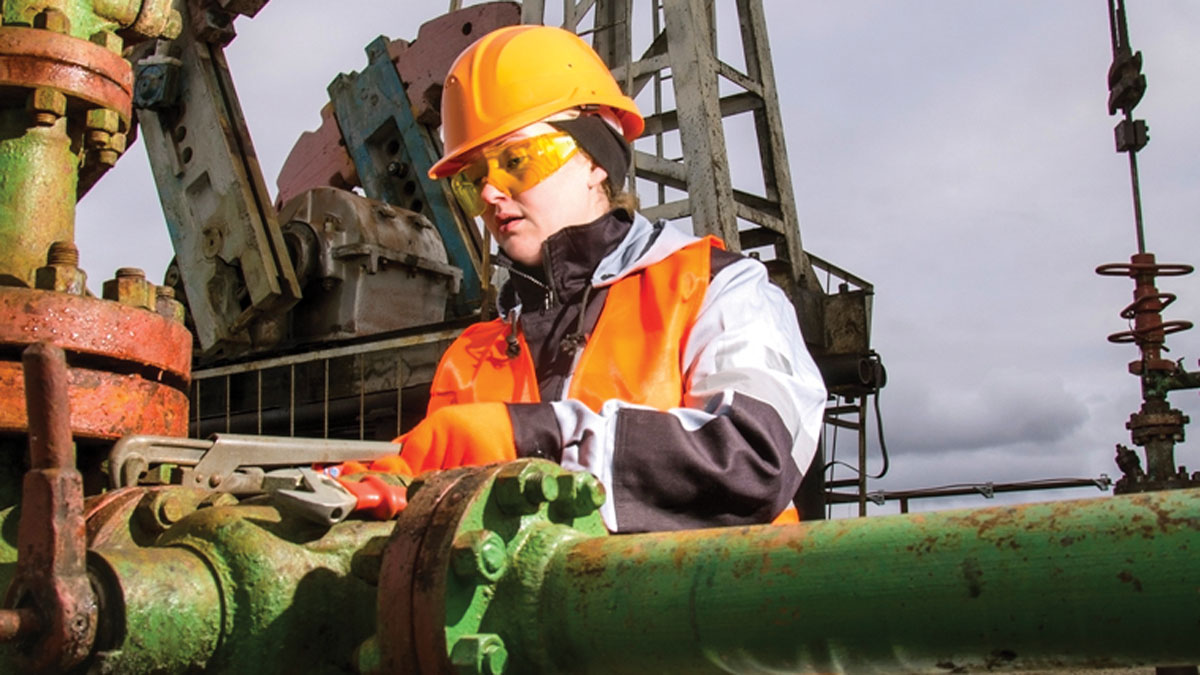
Until very recently, speculating on the future of the global oil equipment services sector would have been regarded as a brave, contrarian, even foolhardy suggestion. But I believe the time has come to take the plunge again. You won’t be accessing this market at its absolute lows, but I think over the next two to three years you’ll be amply rewarded for the undoubted risk.
The latest Organisation of Petroleum Exporting Countries (Opec) agreement to reduce output in an effort to stabilise the oil price seems to be working for the moment, with an upward trend suggesting that a strong bull market is developing. This doesn’t tell us anything substantive about structural market drivers, but it does suggest that the financial markets have bought into the idea of a stable oil price. This price behaviour is crucially important.
What oil explorers and producers loathe more than a low price is a low volatile price. Capital expenditure investment requires nerves of steel and the hope that you can plan for the medium term. Relatively stable oil prices – even if they are well down on recent highs – at least give some certainty.
The most immediate beneficiaries of a more stable oil price would be the big exploration and production (E&P) outfits, says Guinness Asset Management, which runs the Global Energy Fund. Energy equities outperformed world equities in the one-year, two-year, three-year and five-year periods after the oil-price low in 1998, according to Guinness.
However, E&P stocks have already bounced back. Some adventurous types will have got into this trade last year, which is why many stocks are up 30% to 60% over the last year from all-time lows. Although there is probably more potential on the upside, I think the gains for the biggest outfits will be more limited from now on.
So it might instead be time to consider more adventurous parts of the energy complex, notably the oil and gas equipment services sector. Analysts at Barclays point to strong tailwinds that could propel the sector higher in the next few years, such as the fact that the sector is currently “under-owned”, with the top ten owners of each of the stocks in the sector owning 44% of the industry, and the fact that short interest (people betting on the sector falling) is about halfway back to the levels of 2012-2014, before oil began its descent.
If you’re looking to invest in the sector, my preferred bet is to use US-listed exchange-traded funds (ETFs) focused exclusively on this sector, most of which should be available here in the UK if you go via a mainstream broker. There are three big funds to choose from, with the largest by market cap being the VanEck Oil Services ETF (NYSE: OIH), followed by the iShares Dow Jones US Oil Equipment Services ETF (NYSE: IEZ).
My personal favourite is the SPDR S&P Oil & Gas Equipment & Services ETF (NYSE: XES). All three are up between 45% and 52% over the year. The latter is likely to be have the biggest upside – and has scored the biggest gains to date.
The SPDR ETF follows an equal-weighted index, meaning it gives the same weight to all 47 stocks in the fund. This makes it more volatile and increases the risk. The iShares and VanEck funds tend to focus on giants such as Schlumberger and Halliburton, whereas the biggest holdings in the SPDR fund are not as familiar (Patterson, Rowan, Nabors). Yet that is precisely why I like this ETF more. If I’m right – and I could be very wrong if Opec doesn’t keep to the rules – this fund will increase much more in value. One to tuck away for the more adventurous among you!
In the news this week…
• Fundsmith, the investment partnership run by star manager Terry Smith, paid almost £30m to its sister firm in Mauritius last year, sending its profits falling sharply, says Marion Dakers in The Daily Telegraph. Fundsmith’s turnover increased by 58% to £41.6m in the year to March 2016, but growth was “overshadowed” by a trebling of administrative costs, which were “almost entirely” incurred because of the payment for services provided by Mauritius-based Fundsmith Investment Services (FIS).
Profits shared between Fundsmith’s five partners fell from £12.6m to £2.8m over the year. FIS, which was set up by Smith and his partners two years ago, “is believed to have charged Fundsmith for professional services such as stock-picking”, says Dakers. Smith has said that he bases part of the business in Mauritius because it provides a “unique combination of positioning in terms of climate, time zone, transport links, law, taxation, human and physical infrastructure and acceptance by regulators in other major financial centres”, says Dylan Lobo for Citywire.
• Professional investors’ expectations for global economic growth are at their highest levels in two years, despite “signs of fatigue” in the rally triggered by Donald Trump’s election, say Thomas Hale and Joe Rennison in the Financial Times. Some 62% of the managers polled in Bank of America Merrill Lynch’s monthly survey forecast a stronger global economy this year, up from 57% last month. Meanwhile, 83% of managers predict higher inflation, the fifth-highest in the survey’s history.